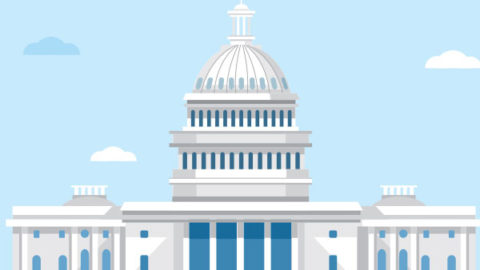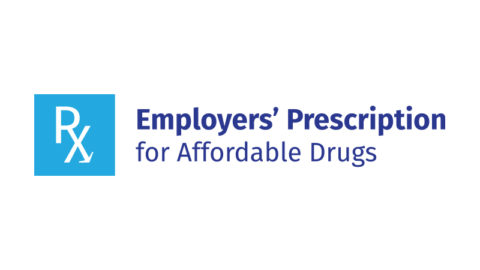
EmployersRx for Greater Transparency, Competition and Value in Drug Pricing
The EmployersRx agenda aligns with the Biden administration’s objectives of reducing care costs and strengthening access while addressing the widespread health system vulnerabilities exposed by the pandemic.

EmployersRx 2021 Policy Agenda
EmployersRx supports public policies that drive down the cost of drugs while preserving true innovation as part of a value-based health care system.

EmployersRx 2021 Policy Objectives
Policy objectives: Support policies to reduce costs for all purchasers while preserving meaningful innovation.

EmployersRx calls on Congress and industry to ensure fair and reasonable pricing for COVID-19 vaccines and therapeutic drugs

EmployersRx calls on Congress and industry to ensure fair and reasonable pricing for COVID-19 vaccines and therapeutic drugs.
As the COVID-19 crisis will only end when people have access to effective vaccines and therapeutic drugs, EmployersRx urges legislators, manufacturers and providers to ensure fair and reasonable pricing of these shortly anticipated treatments.

PBGH launches EmployersRx
PBGH has launched the Employers’ Prescription for Affordable Drugs (EmployersRx), a coalition uniting employers in advocacy for policies that will address our nation’s biggest health care challenge—the high cost of prescription drugs.

Employer Coalition Urges Congress to Pass PBM Reforms This Year
EmployersRx and allies urge Congress to continue its momentum to eliminate PBM business practices driving up the cost of drugs for American businesses and workers.

Congress Must Keep Its Promise to Lower Drug Costs for All Americans
If the reconciliation bill currently being debated in Congress includes Medicare-only drug price limits, the 180 million Americans with private health coverage would be left behind.

Employers Support Bipartisan Bill to Increase Drug Price Transparency and Reduce Gaming by Middlemen
Employers’ Prescription for Affordable Drugs (EmployersRx) supports H.R. 5304, the “PBM Transparency and Prescription Drug Costs Act.”

Reducing Drug Prices
PBGH works with policymakers and stakeholders to inject more competition, transparency and value into the health care system.

Employers’ Prescription for Affordable Drugs
Soaring drug expenses are a key factor in the overall rise of health care costs. This alliance is tackling the cost of prescription drugs by working with policymakers and stakeholders to inject greater competition, transparency and value into the health care system.

Employers Support Bipartisan Bill to Increase Drug Price Transparency and Reduce Gaming by Middlemen
Employers’ Prescription for Affordable Drugs (EmployersRx) has announced its support of H.R. 5304, the “PBM Transparency and Prescription Drug Costs Act.” This bipartisan legislation will markedly lower private health insurance premiums and increase competition in the marketplace, according to a July 2019 report from the Congressional Budget Office.